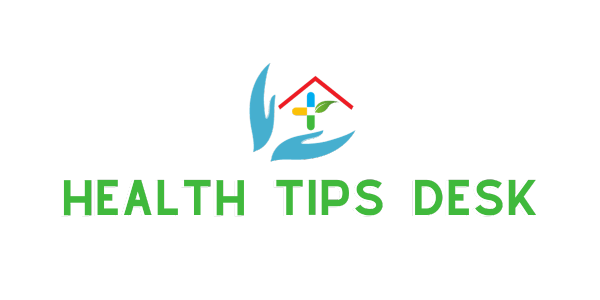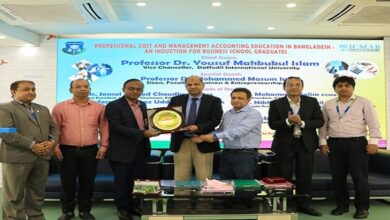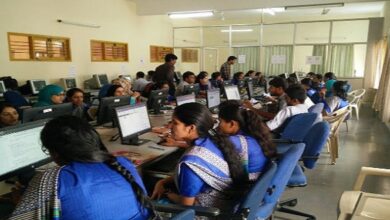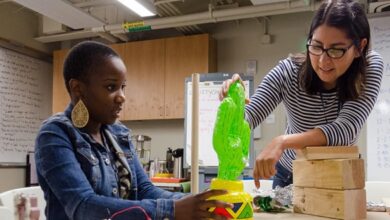A generic metadata modeling approach for personalized learning and learner support

INTRODUCTION
The Ruud de Moor Centre (RdMC) of the Open University of the Netherlands (OUNL) is supporting a typical category of real life learners: career switchers who enter a teaching job in a school (in this paper we will address these learners as “new teachers”). While working as a teacher they have to acquire their formal quahfication in one or two years, for which the new teacher, the school and the teacher training institute enter a tri-partite contract. This on the job training, i.e. in the school, is becoming increasingly important in the solution of the problems caused by the shortage of teachers, especially in primary and secondary education.
CONSTRAINTS FOR METADATA MODELLING
Tailoring is conditional to offer adequate products, provide requested information, limit or reduce the amount of information to what is really relevant for the user. It is alleviating the risk of the “lost in hyperspace syndrome” (Foss, 1989), it offers timesaving benefits by pointing immediately to the information that is specifically needed, opens opportunities to consult related information in order to explore a subject as deeply as needed, etcetera.
For example a teacher at the eve of his first class activity in a new school does not expect an overwhelming amount of eventually interesting information but might prefer an immediate, relevant and limited range of information. In a later stage the same teacher might be willing to go deeper into a specific theoretical topic, a good practice, new didactic method.
A GENERIC APPROACH FOR METADATA MODELLING
Therefore we propose a generic approach for functional metadata modelhng of (learning) material that can lead to many metadata profiles. This generic model consists of a set of sub-models for separated dimensions and sets of rules to define the relations between them.
The model contains metadata and metadata-types, values of metadata, and relations between metadata (or their specific values). These models reflect the different perspectives or dimensions of the generic model. The models should be orthogonal: metadata should apply for one model only. ‘Combined’ metadata will be generated by the management and authoring tools.
Critical characteristics of the model
- Metadata are descriptors of content units: content fragments (or assets, information objects), content objects, learning objects, …
- Allow labelhng of content elements with metadata on all levels of aggregation – even the smallest resource types (i.e. content fragments) when useful
- Units of content can be related to many meta-data
- The metadata model allows usage of dialects for different actors
TESTING OF THE MODEL IN THE PROJECTS OF THE RDMC
The model was tested in two ways during the period of August September 2004. In these tests two sets of interrelated repositories were built, by means of an open authoring tool and Leaming Content management system “Content-e” and delivered in common delivery environments (several-browser based web-players. Blackboard) and media channels such as intemet, Pdf, Word and Zip-file.
DISCUSSION
Although the evaluation process is still ongoing, the results of working with the generic model are promising. Using the generic model requires a shift in development procedures, a demanding process for authors and developers. The question remains whether the model will be able to correspond well enough with the procedural aspects of content development and behaviour of authors and developers, whether it will prove to be facilitating the content development process rather than hindering it. Further analysis as well as testing will show whether these four dimensions will be sufficient for this complex and changing situation or whether more dimensions should be added.
Farmingbase is a farming simulator game that was developed by a team of game developers. It is a single-player game that is available on different platforms, including PC, Mac, and mobile devices. The game is designed to provide gamers with the experience of running a farm, where they can grow crops, raise livestock, and manage their farm. The game has different levels that gamers can unlock as they progress.





